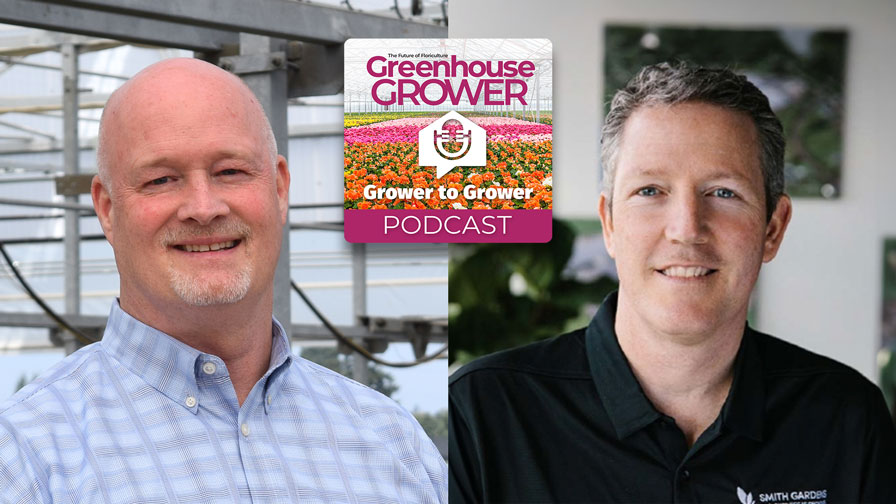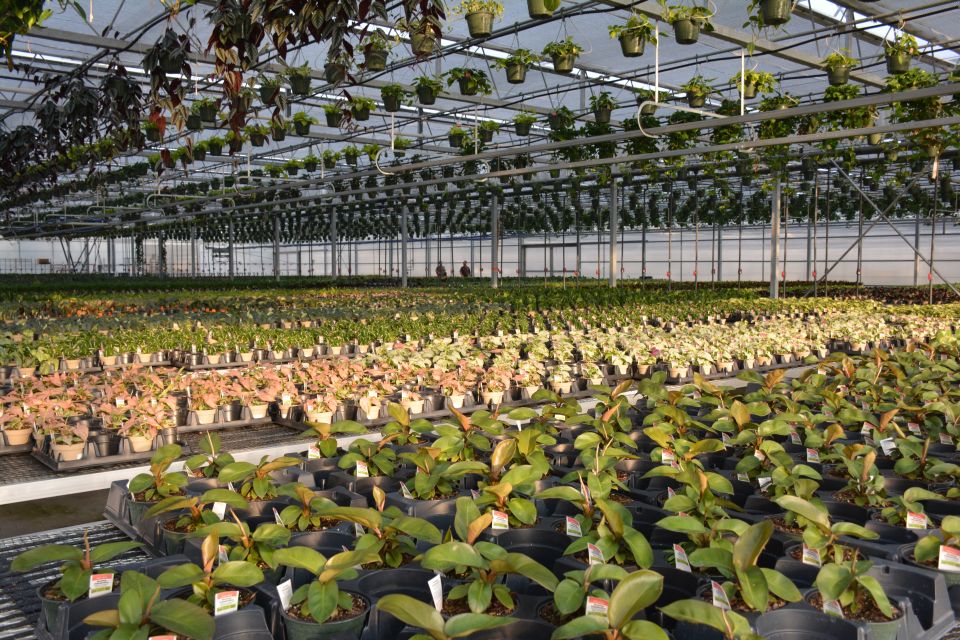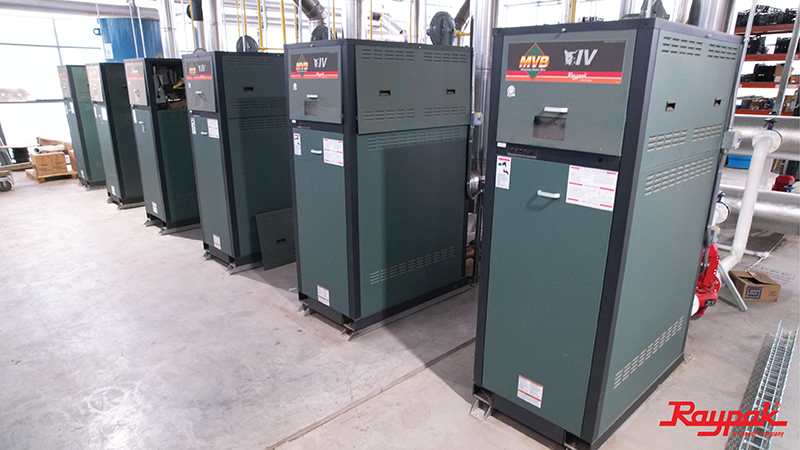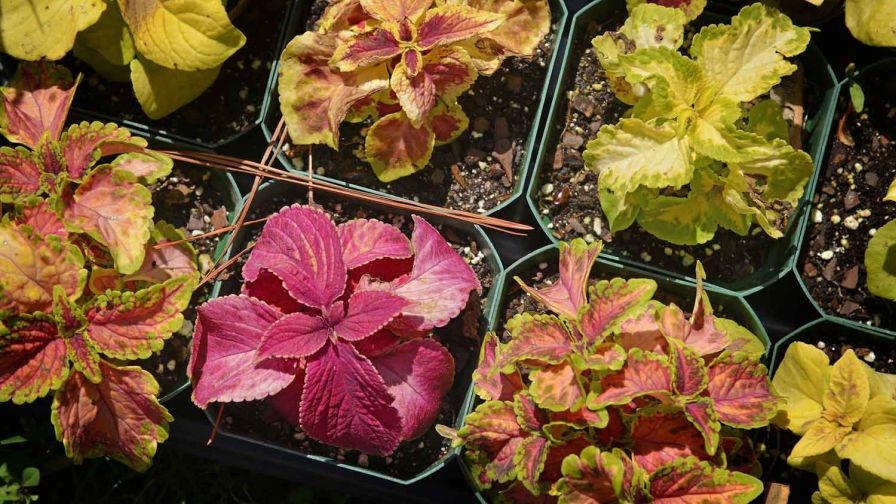What’s the Market Outlook for Biosolutions in the Greenhouse Industry?
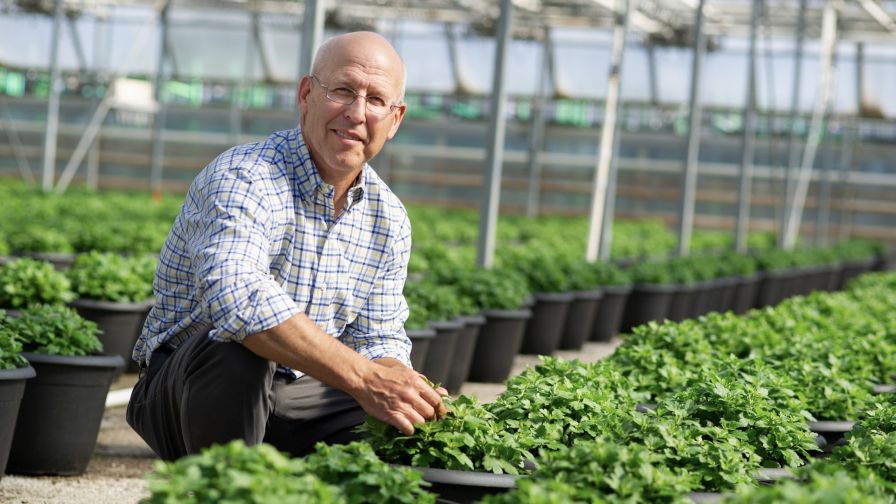
Certis Biologicals expects continued high growth for biologicals in the coming year. Growers in the controlled-environment agriculture space rely upon the benefits that bio-based solutions can bring to their pest and disease control programs. Photo: Certis Biologicals
More greenhouse growers are choosing to dip their toes in the pool of biological products. They are becoming a popular addition to integrated pest management (IPM) programs across the country as growers see the benefits of biologicals.
Despite higher demand, suppliers say that their product availability is steady. Growers are looking for local products due to ongoing supply chain constraints for products shipped from overseas.
Greenhouse Grower reached out to suppliers to hear their market outlook for biosolutions in 2023.
Greenhouse Grower: Please share your market insights and expectations for biosolutions in 2023.
Locus AG (Rodrigo Bermudez, Director of the West and LATAM regions)
Fertilizer prices, along with national and international supplies, will stabilize as multiple operations restart their existing production or expand capacity. However, demand will continue to be high for U.S.-based biological products with immediate availability that can help optimize use of other scarce nutrients (i.e., fertilizer).
The demand for biologicals will be driven by scientists, agronomists, and growers beginning to tap into nature’s nutrient balancing act that has existed, but been ignored. In the past, many chose quick solutions or chemical-based programs developed from an industrial agriculture perspective. Now, a larger majority of the industry is seeing the benefits of incorporating biologicals.
We also foresee a continued shift towards crop-specific biologicals with strains tailored towards pain points (i.e. soil compaction, root growth, nutrient use efficiency, water uptake, etc.).
With margins shrinking, there will be high importance for biologicals that are proven to help growers lower their bottom line and/or increase profitability. There is a considerable amount of untapped value that can be captured by optimizing how the soil and crops naturally balance nutrient, water, and mineral use. Biologicals can optimize these cycles and bring them closer to the way they naturally existed prior to the current chemical-based models that many ag economies depend on.
Locus AG has immediately available biological products produced right in the U.S. Our specific biological strains utilize and metabolize existing soil nutrients in the grower’s soil. This gives growers the opportunity to wean away from dependency on offshore input and nutrient supplies.
Beneficial Insectary (Cody Seals, U.S. Product Manager)
Product availability will remain steady, with new additions even being added to our domestic production. Having the majority of products we sell produced in the U.S. allows Beneficial Insectary to have better control over our supply chain and availability than if we were dependent on foreign importation for the bulk of our catalog. This allows us to shield ourselves and customers from substantial price increases, even with the anticipated supply chain issues and inflation around hard goods. These organisms rely on spending minimal time in transit, making their baseline freight costs inherently high. There is an uncertainty around chemical costs increasing multiple times a year, and growers are left wondering how much their IPM program could actually end up costing them.
DPH Biologicals (Alex Cochran, Chief Technology Officer)
In 2023, we expect to see a growing demand for more sophisticated and targeted biofertilizer products supporting more holistic solutions in greenhouse production.
Biopesticides and biofungicides like DPH Biologicals Companion Biological Fungicide have proven to be particularly well-suited to risk management in greenhouse environments, giving growers better tools to optimize crop health while reducing pesticide resistance risk and improving disease management programs. For 2023, however, we expect greenhouse growers to demand better tools for more vibrant growing medium biology.
Biofertilizer products that support a balanced and healthy soil or growing medium environment, including promoting the microbial activity near the roots of crops and holding nutrients and retaining them in the rhizosphere for plant uptake, will emerge as stronger partners in helping greenhouse growers meet customer expectations of safe, environmentally responsible greenhouse crops while still meeting their yield and cost targets.
Certis Biologicals (Jim Black, Business Director)
At Certis Biologicals, we expect continued high growth for biologicals in the coming year. Growers in the controlled-environment agriculture space rely upon the benefits that bio-based solutions can bring to their pest and disease control programs. As we all know, we have faced unusual supply chain imbalances over the past two years that have severely impacted product availability and price like never before. However, Certis Biologicals’ supply chain and manufacturing are in a good place to meet added demand.
Those global supply chain constraints help point to the many benefits of buying locally supplied product from vertically integrated manufacturing sources such as Certis Biologicals. We are one of the few companies making critical investments as a reliable, manufacturing supplier to the North American and global marketplace and we continue to expand our manufacturing capabilities. In the coming years, we are looking forward to utilizing that manufacturing expertise so that we can continue bringing more of those solutions to growers in a timely manner, so that they can utilize them to protect their crops, their investments, and the environments in which they grow.
BioWorks (Bill Foster, CEO)
All parts of the supply chain are experiencing increased costs, from the product manufacturers to the retailers to the farmers. Given that labor costs are a significantly large portion of the grower’s costs, it’s important to not just look at the cost of the product, but to include application frequency and how much time may be lost because the workers may not be able to re-enter a field or greenhouse because of the restricted entry interval (REI). Also keep in mind the time it takes to suit-up and clean-up when mixing products with significant personal protective equipment (PPE) requirements. It’s not just the “dollars per pound” of the product that’s important — the cost of the product should also include mixing time, re-application interval, coverage, suiting up and taking off PPE, etc.
AgBiome (Kelly Liberator, Director of Technical Service)
The biosolutions market is growing, fueled by consumer demand, regulatory challenges, and fungicide resistance development. Supply and product availability challenges will likely be an issue for the industry again in 2023. Companies like AgBiome who produce their products here in North America will continue to have an advantage in this market. This enables us to provide solutions where other products are in short supply.
Groundwork BioAg (Dr. Yossi Kofman, Co-founder and CEO)
2022 was without a doubt a big year for biologicals for indoor and outdoor agriculture — offering more choices and potential confusion for growers. In 2023, we believe the ‘Gold Rush’ that flooded the market with products of questionable efficacy will wane as proven science and broad-scale applicability becomes clear. Microbials that grow and interact within the rhizosphere will outpace less-effective technologies based on exudates, adjuvants, or biostimulants.
With advantages obvious to greenhouse growers, we foresee that microbials, like Groundwork BioAg’s Rootella mycorrhizal inoculants, will see continued demand in 2023. While the potential for market maturity will continue to fuel mergers and acquisitions (M&A) activity like 2022, product availability should stabilize as production investments are in full gear, ultimately ensuring growers of all kinds can get the biological products they need for their unique operations.




